Download my book American Hoarder for free! Click the image below...
4 Comments
|
Hello!I'm a writer of stuff for the worlds of Doctor Who, Black Mirror and Friday The 13th. Get my book American Hoarder free when you subscribe to my monthly newsletter!
FIND ME AT...
Skool Patreon Ko-Fi Retro Scary YouTube Metal YouTube Instagram author Instagram metal Etsy shop Goodreads Publisher Rocket is one of the coolest pieces of software for authors I've seen. Amazing for finding the best Amazon keywords, categories and ads for your books! Click the above banner for more info (affiliate).
If you're a fellow YouTube creator, I recommend you join me in using the very handy app TubeBuddy. Check it out for free, then use my coupon code ARNOPPBUDDY to get 20% off a subscription! (affiliate)
Archives
March 2024
Categories
All
|
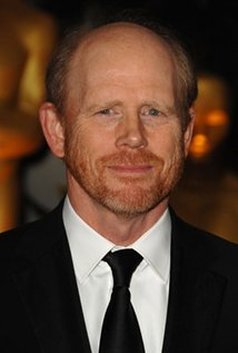
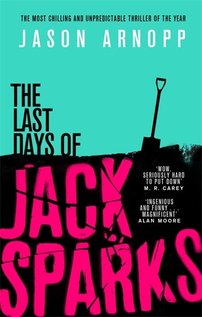
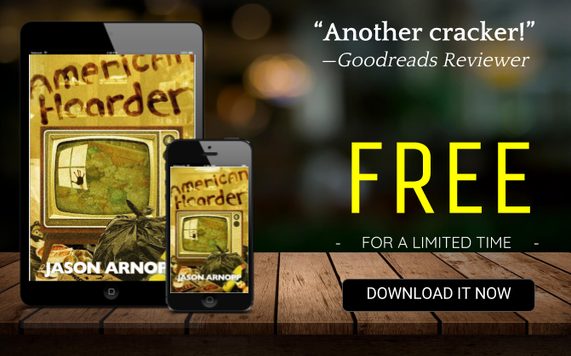
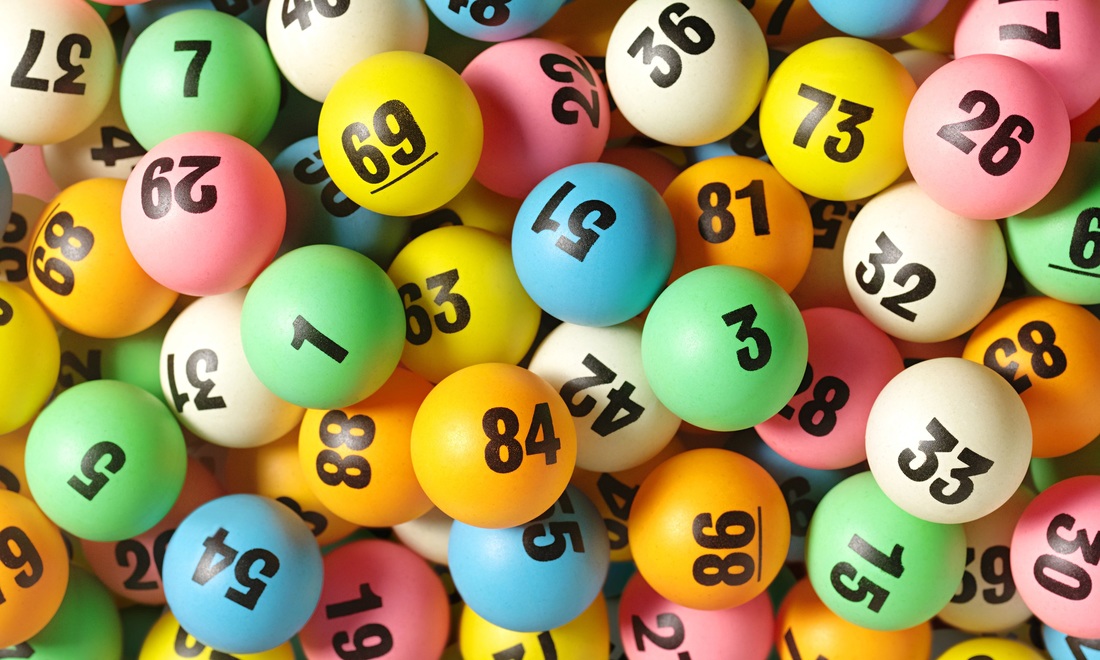
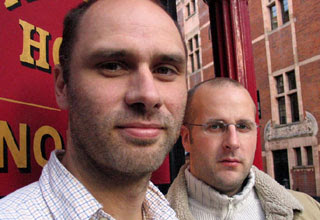
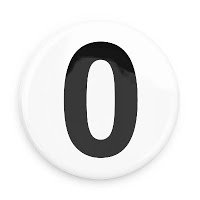
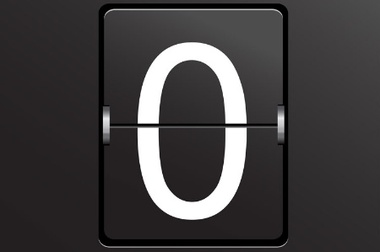
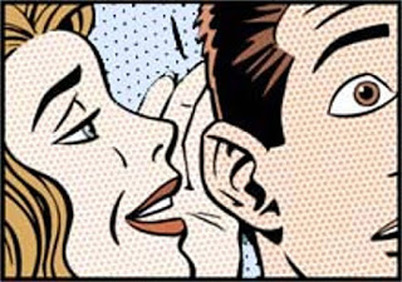
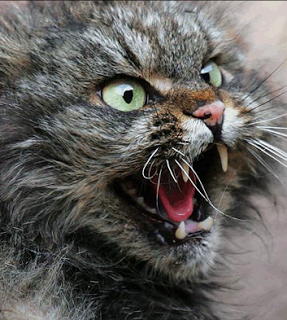
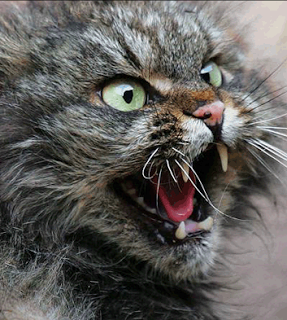
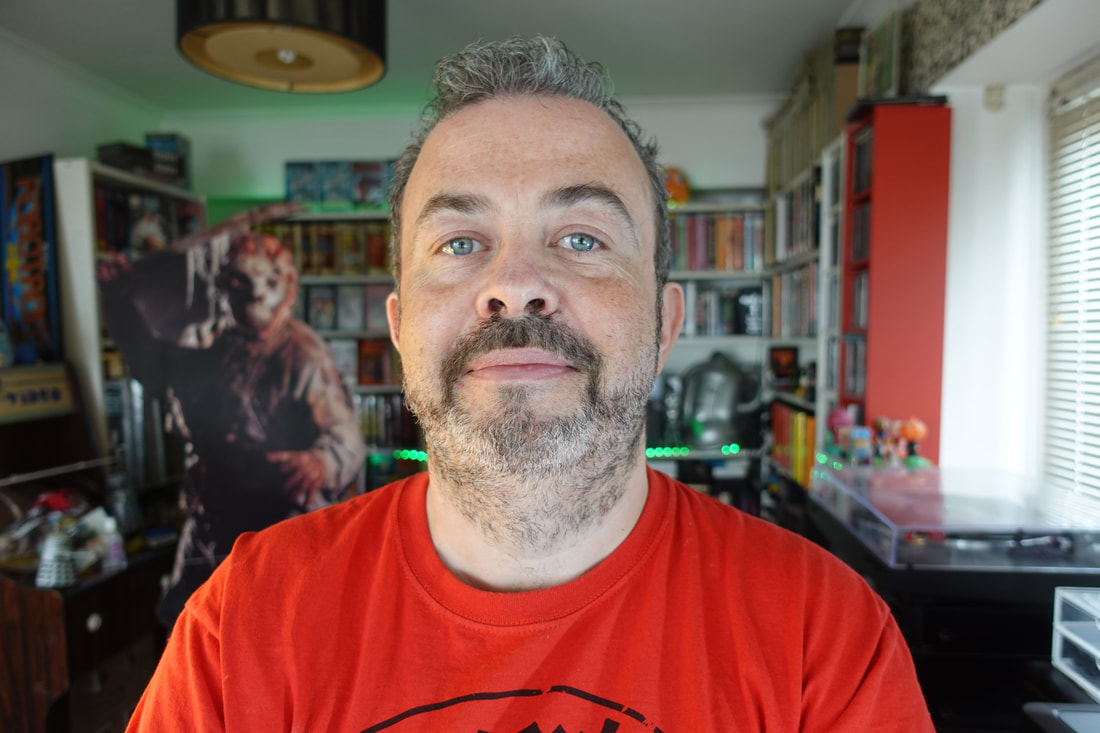

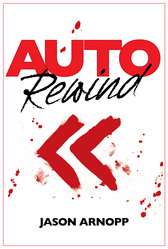
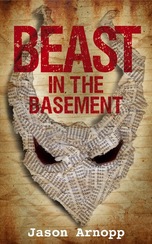
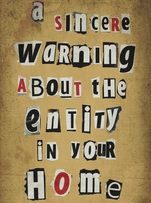
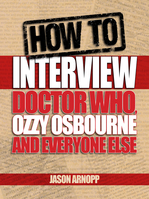
 RSS Feed
RSS Feed